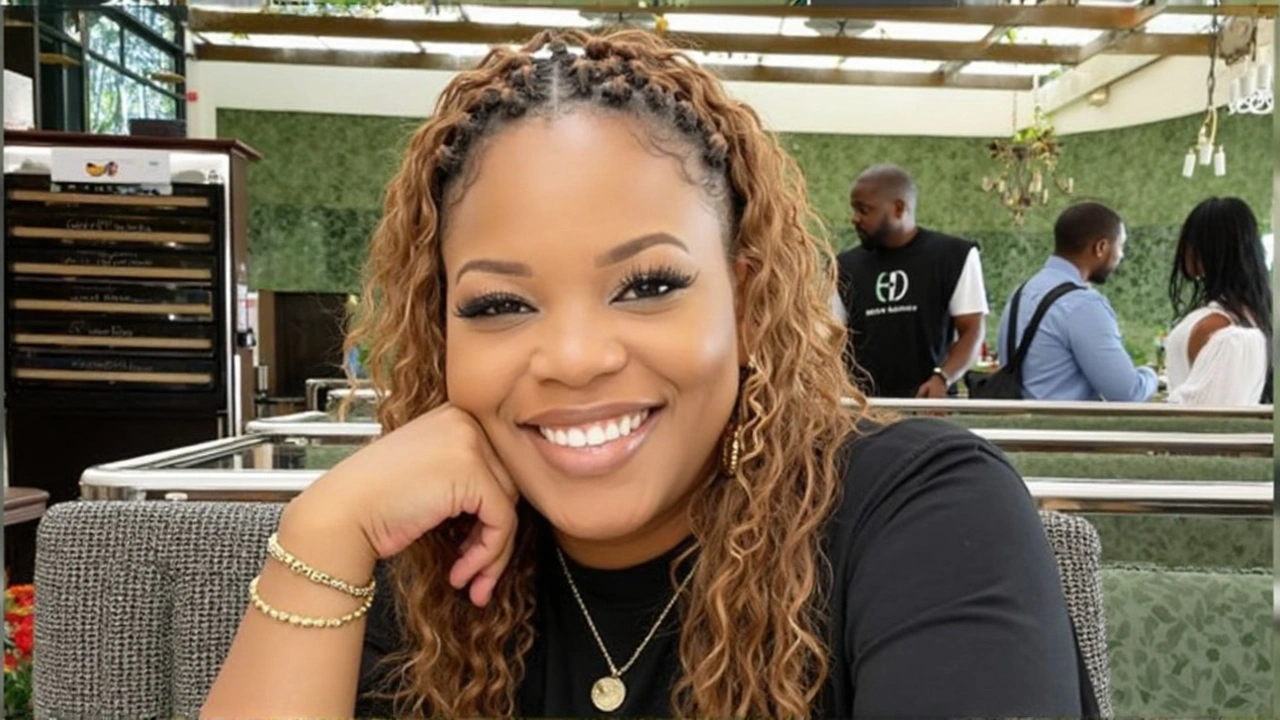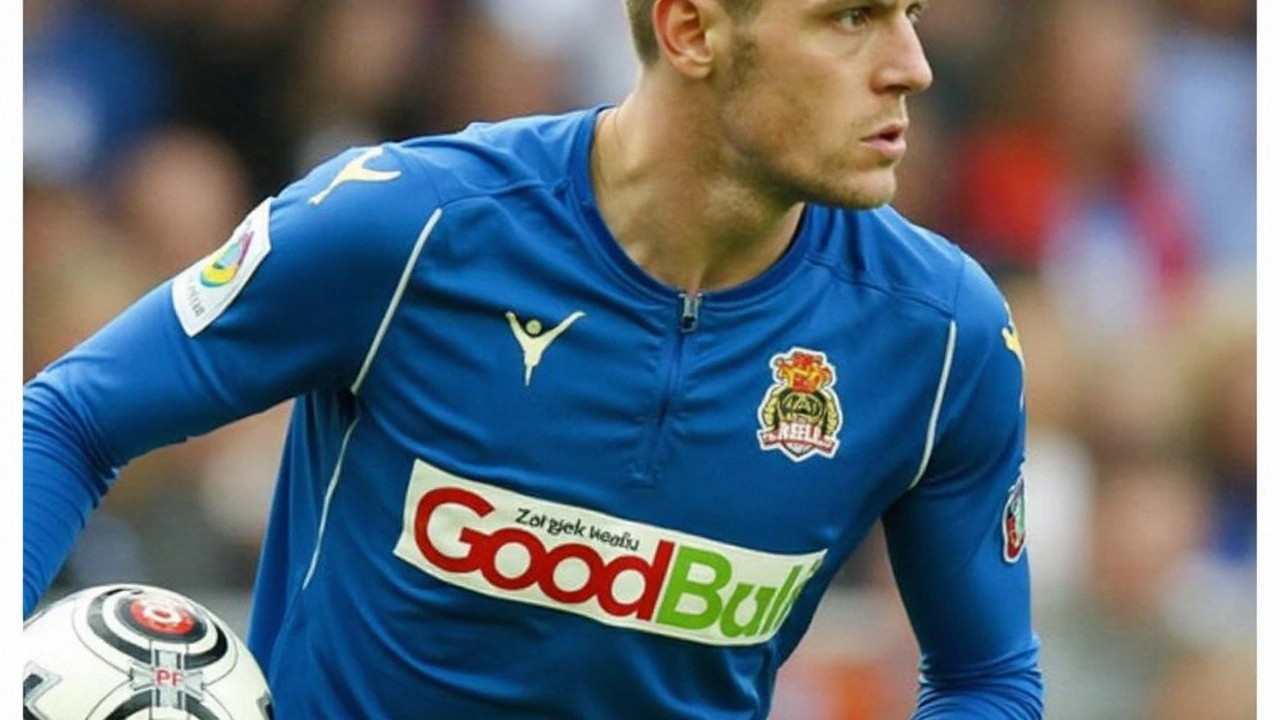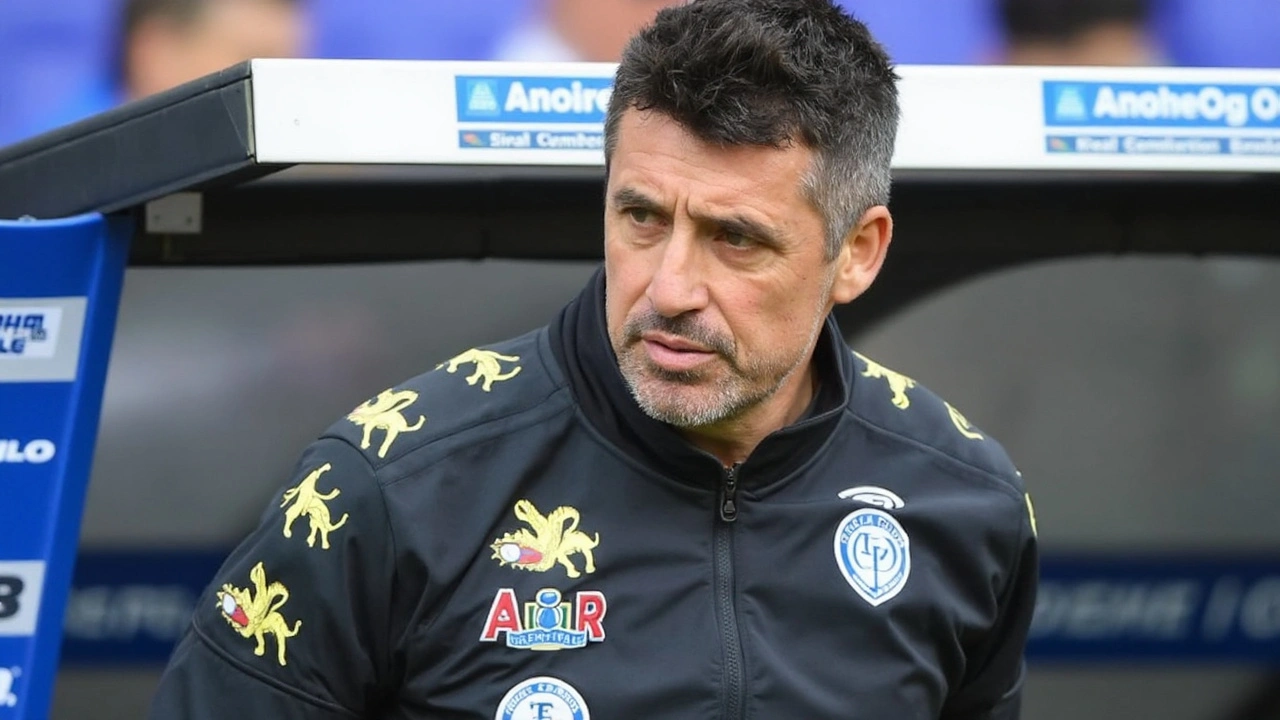Radio Star Anele Mdoda Reveals Chilling Threat From Uber Driver
When Anele Mdoda, one of South Africa's most recognizable radio voices, settled into her usual ride-share on February 25, 2025, she didn't expect the night to turn into a story of fear. What should have been a regular journey spiraled into a nightmare after her Uber driver reportedly made crude remarks, then escalated into openly threatening her with rape. She detailed the ordeal publicly, sending shockwaves across social media and news platforms.
Mdoda's account wasn't just another bad review. She explained how the driver's inappropriate comments quickly broke the unspoken trust many women put in everyday services. As she described, the atmosphere inside that car wasn't merely uncomfortable—it was threatening. The threats became explicit and personal, leaving her shaken, not only as a public figure but as a woman confronting the reality that safety inside a booked car is far from promised. It's not the first story like this to surface, but coming from someone as prominent as Anele Mdoda, it hit a raw nerve nationwide.
Women’s Safety and Ride-Sharing: The Conversation Intensifies
Why does this scenario feel all too familiar? Mdoda's case spotlights what many women already whisper about: the anxiety every time you step into a car with a stranger and trust the system to keep you safe. Over the years, ride-sharing apps like Uber have boasted about their safety features, but incidents like these reveal glaring cracks. The chilling threat isn’t a rare occurrence for countless women, many who carry their own stories in silence.
The aftermath of the incident instantly reignited conversations about the responsibilities these companies have. Is there enough accountability when a driver behaves this way? Are there proper channels for passengers to report horrifying incidents, and do these platforms actually prevent repeat offenders from working again? Mdoda’s revelations amplified calls for urgent reforms—such as improved vetting, panic buttons within apps, enhanced driver background checks, and public transparency once such allegations surface.
Public reaction was fierce. Social platforms buzzed with outrage, and other women voiced their own brushes with fear in ride-shares, making the hashtag #RideSafe trend across South Africa. It’s not just about one celebrity—it's about a system that makes passengers, especially women, feel like sitting ducks. With pressure mounting from such high-profile incidents, there’s hope that companies will finally treat ride-sharing safety like the crisis it is, instead of a routine PR headache.
Right now, it’s clear: what happened to Anele Mdoda is bigger than one ride. It's a call-out to everyone—users, regulators, and tech giants—to demand real safety, not just the illusion of it, after you tap 'Book Ride.'




